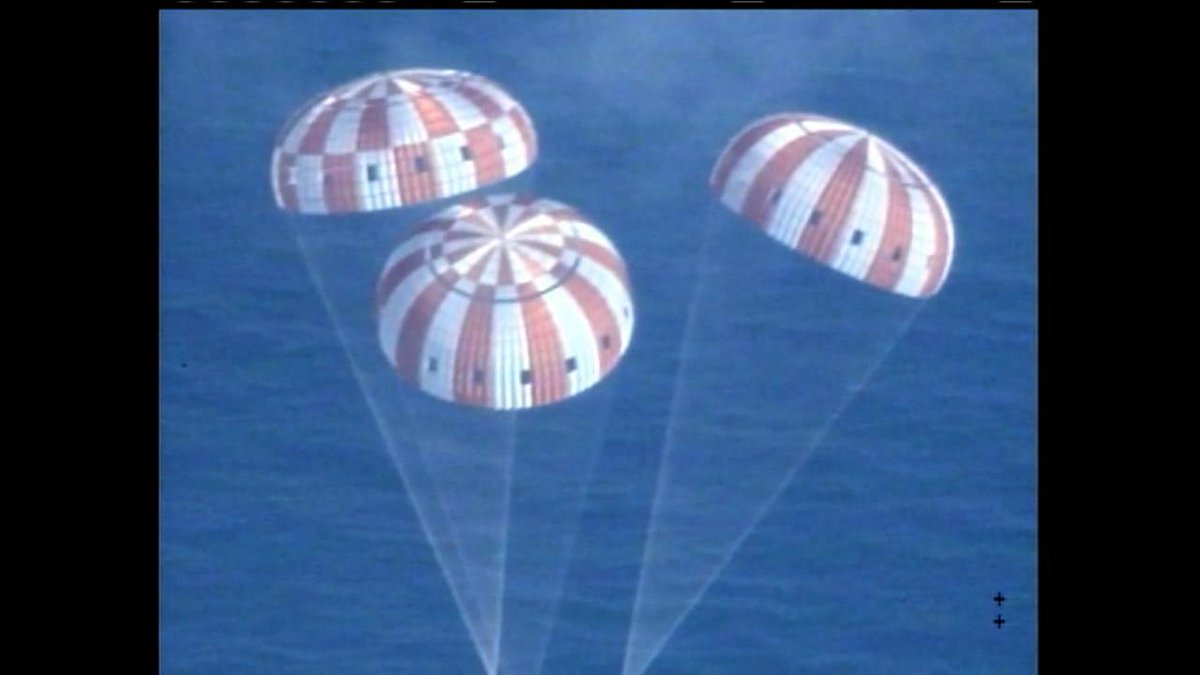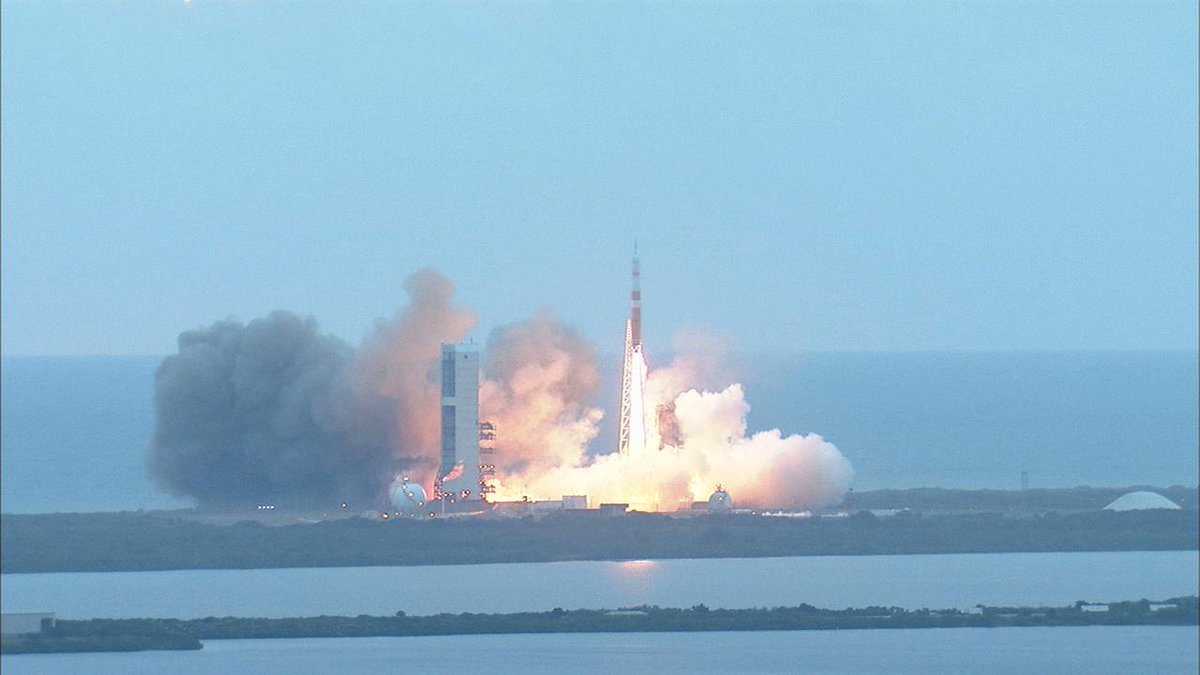- 14 updates
Orion brings man one step closer to Mars
Deep-space capsule Orion has brought man one step closer to landing on Mars after Nasa dubbed its test mission the "most perfect flight you can imagine".
The unmanned spacecraft completed its four hour test flight 3,600 miles above the planet before landing in the Pacific Ocean.
When astronauts eventually take on the mission for real it could take up to three years to complete a round-trip.
Live updates
Mars mission was 'most perfect flight you can imagine'
Nasa has called the test mission to send spacecraft Orion to Mars "the most perfect flight you can imagine".
It kicked open the door to a new era of deep-space exploration in a mission which will one day be completed by man.
Mars is 34 million miles away and a round-trip could take at least three years.
ITV's Science Correspondent Alok Jha has this report:
NASA: Orion mission was 'near flawless'
The Orion mission was “near flawless” and gathered a lot of “promising data”, experts at NASA have revealed.
In a press conference this afternoon, the Orion programme manager Mark Geyer praised the success of the test flight.
William Gerstermaier, from the human exploration and operations department, thanked the team for the “phenomenal job” they had done in preparing and executing the mission.
He added that it was looking “really good” from a data standpoint as engineers began examining the information which had come back with the craft.
Advertisement
How will NASA engineers rescue Orion from the ocean?
NASA has released a video explaining how its engineers will rescue the Orion space-craft from the Pacific Ocean.
A delicate operation using inflatables and a special recovery ship will be carried out to protect the craft, in particular its heat shield, in a bid to ensure engineers can get as much useful information from it as possible.
NASA images show Orion's ocean splashdown
NASA's Orion craft celebrates splashdown after test flight
NASA has welcomed its Orion craft back on earth as marked splashdown after its journey 3,600 miles above the planet.
The craft's heatshield saw peak temperatures of around 4,000F (2,200C) as it headed back down, as the friction of the Earth's atmosphere caused a shield-like force around it, interfering with communications systems.
Deep-space capsule Orion 'getting ready' to return to Earth
Deep-space capsule Orion is "getting ready" to return to Earth after its journey 3,600 miles above the planet, Nasa has said.
The spacecraft is conducting a test flight in a long-term push towards sending humans to Mars in the mid-2030s.
The unmanned capsule has embarked on the four hour and 24 minutes flight to try out the capsule's main systems, including its heat shield, computer deck and parachutes, in space.
It is due to splash down in the Pacific Ocean, to be picked up by the US Navy, after re-entering the atmosphere at a speed close to 20,000mph .
Advertisement
Watch Nasa's deep-space Orion lift off for test flight
Nasa has enjoyed a faultless launch of its new deep-space capsule Orion after several false starts on the original launch date yesterday.
Weather had threatened to disrupt the launch of the four-and-a-half hour test flight for a second day before all systems were declared "go".
Watch the lift-off moment:
Nasa successfully launches deep-space capsule Orion
Nasa's deep-space capsule Orion has successfully launched to embark on an ambitious first test flight.
Deep-space Orion in orbit after successful launch
Deep-space capsule Orion is in orbit after a successful repeat launch at Cape Canaveral in Florida.
Deep-space capsule Orion takes off for test flight
Deep-space capsule Orion has launched to embark on an ambitious first test flight as part of a long-term mission to Mars.
The unmanned Orion will journey 3,600 miles above Earth - higher than any spacecraft designed for humans has been for more than 40 years.
Its four hour and 24 minutes flight will test the capsule's main systems, including its heat shield, computer deck and parachutes, before splashing down in the Pacific Ocean to be picked up by the US Navy.
Latest ITV News reports
-
Nasa to test capsule which could take astronauts to Mars
A spacecraft that could one day take astronauts to Mars will undergo an historic unmanned test flight today.




